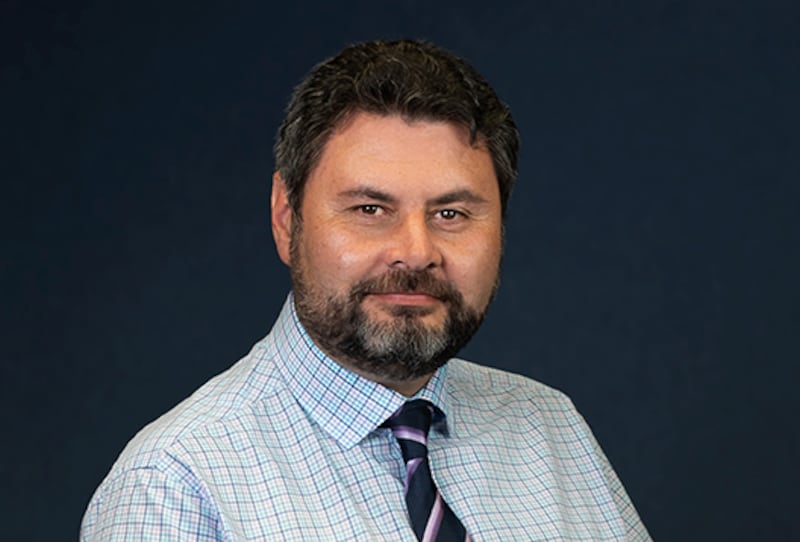With many councils across the motu focusing on the upcoming local elections, one in the central North Island is looking to expand its reach.
Rotorua Lakes Council is investigating the potential for unitary authority options with certain councils in Waikato and the Bay of Plenty.
Rotorua Māori Ward councillor, Rāwiri Waru, is concerned about the role iwi and hapū will have if the merger were to happen.
“Ko te nuinga o ngā iwi me ngā hapū kua piringa, kua hono atu ki ngā kaunihera o tēnā rohe, o tēnā rohe, o tēnā rohe.
“Kaore i te tino whakaae kia haere ngātahi ai me ētahi kaunihera. Me noho mana te kaunihera ki tōna rohe, kia noho piri tonu ki ōna iwi.”
A unitary authority is a type of council that combines the functions of both regional and city or district councils.
Six unitary authorities currently operate in Aotearoa: Auckland Council, Chatham Islands Council, Gisborne District Council, Marlborough District Council, Nelson City Council, and Tasman District Council.
They manage local services such as roads, water (wai) reticulation, sewerage, rubbish collection, libraries, parks, and planning. They also handle responsibilities like managing natural resources (land, air, and water), biodiversity, biosecurity, transport, and building climate-resilient communities.
Tauranga Māori Ward Councillor Hemi Rolleston sees the benefits and disadvantages of a unitary council.
“Whether i agree or not i think i think that’s gotta go to the community to see whether it is, bigger is not always better, but there are duplications and you just gotta workout whether it works out for the rate payer and particularly in my case for the Māori rate payer, that there are benefits.
“When you start looking out in some of our rural communities, is someone sitting in an office or a office room in Tauranga gonna be having the best interest of Ōpotiki at Heart?. They’re gonna have the community differences,” said Rolleston.
Conan O’Brien was the Rotorua Lakes councillor who brought up exploring options for a unitary authority.

“The reasons behind this, as my colleagues are aware, is that the Local Waters Done Well, no matter what choices we make, will have a huge effect down the track, whether in-house or any other options,” O’Brien told Aukaha News.
“I would think at some point, and this is only my opinion, that a government, any government of any complexion, may decide to review how councils operate.”
Neighbouring councils seem to be on board with the idea, as Tauranga Mayor Mahé Drysdale is in support of the move, with him telling Local Democracy Reporting earlier in June it was the “perfect time.”
Even with some early support, Waru is still concerned about the strategy.
“Kāore anō e tino mārama mai te anga whakamua, te rautaki kua whakatakotohia rā e tēnei kāwanatanga. Kua kī rātou, āe, me mahi tahi rātou, engari, kāore anō rātou kua tuku mai te kōrero mō te pai o tēnei huarahi, mo te hua rānei o tēnei huarahi, kaore anō ērā kōrero kia puta.
“Kia mataara, me pērā rawa pea te kōrero, nā te mea, tēnei taniwha, kāore anō au kia kite tana kanohi, kāore anō au kia kite ngā niho tetē, engari, e mōhio ahau he taniwha anō,” said Waru.



